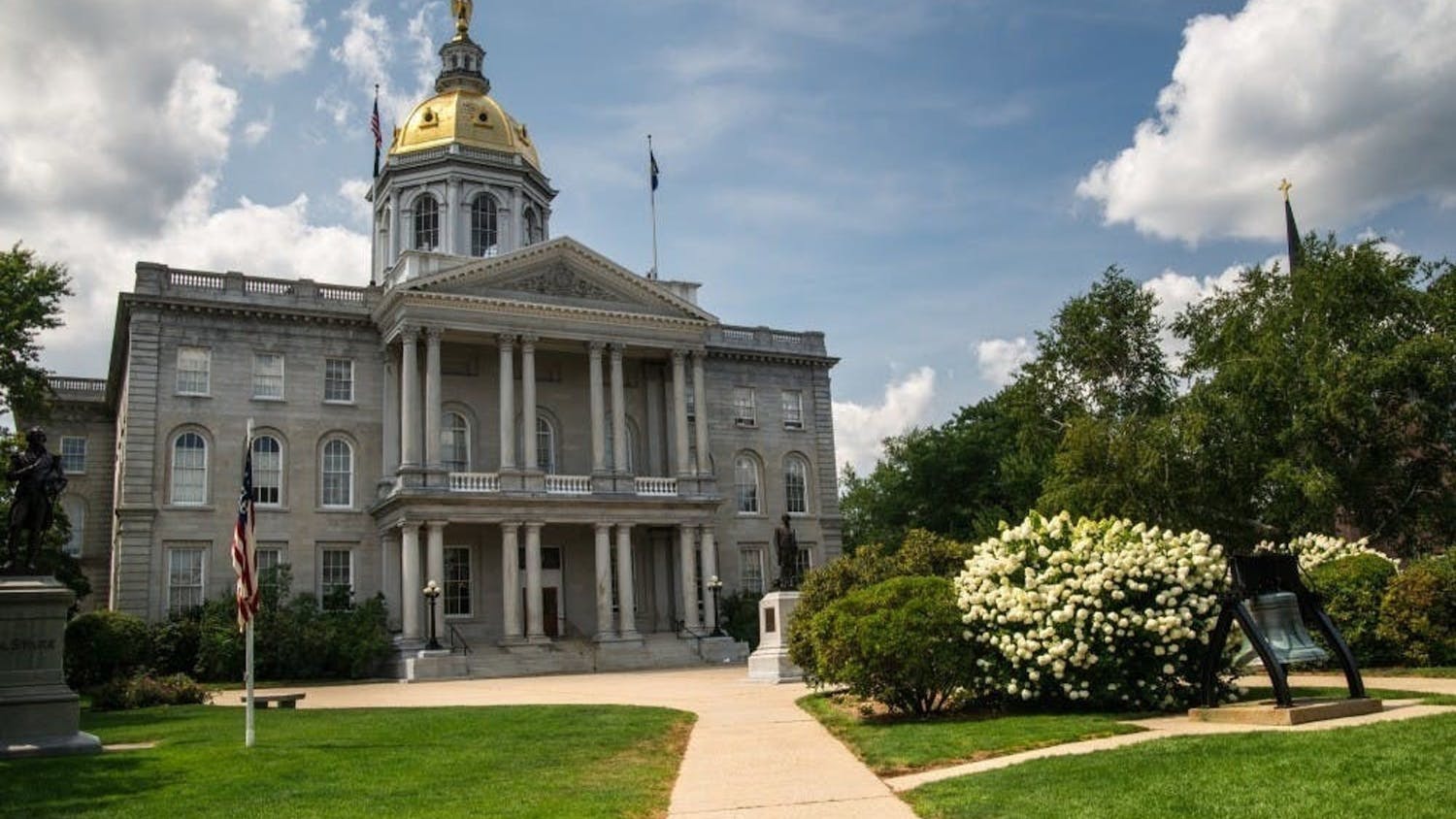Plans to create an administratively independent School of Graduate and Advanced Studies were discussed in detail at the Dartmouth-Hitchcock Medical Center on Wednesday during the second of three “town hall” style meetings. Information included details about the organization of the new school and concerns about the project’s budget.
Dean of graduate studies Jon Kull — who presided over the task force that recommended creating the school — gave a presentation outlining the task force’s rationale for the suggestion of a freestanding graduate school. The task force was organized by Provost Carolyn Dever last year to explore the option of a stand-alone graduate school.
Under the current administrative structure, the various graduate programs — outside of the Geisel School of Medicine, the Thayer School of Engineering and the Tuck School of Business — all report to Dean of Faculty Michael Mastanduno, he said.
Under the proposed plan, all graduate programs not contained within the College’s three professional schools would be housed under the new, separate graduate school and would report directly to Dever. This would make it easier for graduate programs to advocate for and allocate funding, Kull said.
The new structure would also help interdisciplinary graduate programs housed across multiple schools communicate with one another and manage their budgets, Kull said.
In the current system, programs housed under multiple departments often place a disproportionate financial burden on a single department for funding. Having a single, freestanding graduate school that supervises programs across disciplines would allow these costs to be distributed more evenly by reducing administrative barriers, he said.
In addition, having an administratively independent graduate school would be a signal to potential faculty members that Dartmouth is committed to graduate education and research, which could help to recruit more world-class faculty to the College, particularly in the sciences, Kull said.
Uniting graduate programs under a single school would allow for more consistent evaluations, particularly for interdisciplinary programs, he said.
Nineteen people attended the meeting, most of whom are faculty members. The previous town hall meeting had a marginally higher turnout, Kull said. A final meeting will be held this Monday at the Life Sciences Center.
Feedback from faculty interviewed at the event was generally positive.
Geisel microbiology and immunology professor Brent Berwin said he was glad to have the graduate school’s goals explicitly presented. Berwin said he was supportive of the project, but added that future challenges and questions will likely arise.
“I think if executed properly, it will be a good thing,” he said.
Geisel biochemistry professor Arminja Kettenbach said Kull’s presentation was informative and she supported combining the different administrative structures of graduate programs under one department.
Many graduate students wanted a greater connection to students in other programs, Geisel surgery professor Jack Hoopes said. The graduate school could help foster this connectivity and increase dialogue between students from different programs, he said.
“I think it would function to make the programs more aware of each other and the students more aware of each other,” he said. “I think Ph.D. students by nature do research, and the more of their colleagues they get to talk to and get to know, I think that there’s some benefit there.”
Some faculty members in the audience, however, presented concerns about the potential cost of the proposed plan.
The three professional schools may need to cover a larger portion of per-student costs currently covered by arts and sciences funds, Kull said in response to a question asked by a Geisel proessor.
While the proposed graduate school would inevitably have funding issues, those issues should not be an overriding concern in evaluating its merit, Hoopes said.
“It’s about graduate students,” he said. “It’s about having a better experience for the graduate students and being able to support them better so that their research is better and they can get better jobs.”
Some faculty members have contacted Kull with reservations about the project, Kull said, adding that overall support for the new school has been varied.
“I think there were some really good issues brought up,” he said. “Now I need to sit down with senior leadership and more faculty and talk about responding to those questions.”



